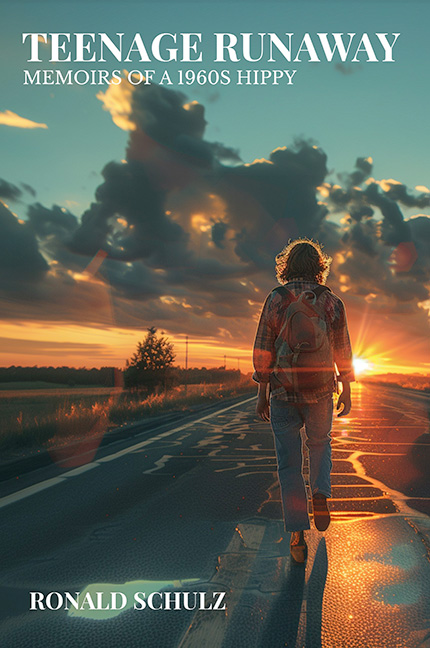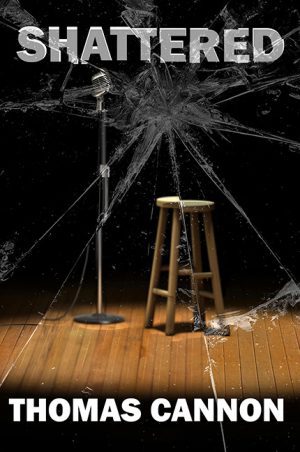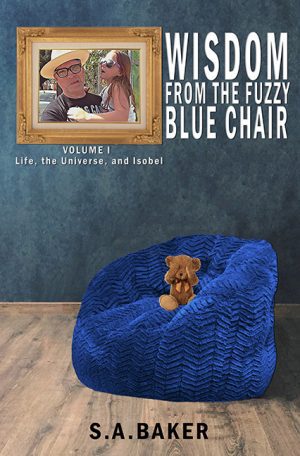Description
Where conformity suffocates, and escape becomes survival.
Teenyage Runaway begins Ronald J. Schulz’s unflinching memoirs of the late 1960s, tracing his life as a restless teenager determined to break free. Raised in the suburban shadow of Chicago, Schulz bristled under bullying classmates, authoritarian teachers, and parents consumed by conflict. By fifteen, he was determined to flee—not just from his home, but from the suffocating expectations of society itself.
With raw honesty, Schulz recounts the humiliations, fights, and daily struggles of his freshman year, building toward his carefully plotted escape. Drawing on the literature of World War II escapees, he treated the suburban streets like enemy territory and crafted his own plans for freedom. His story is both deeply personal and broadly resonant—a chronicle of a generation unwilling to quietly accept the roles carved out for them.
Highlights include:
- Stark depictions of high school bullying, hazing, and survival in a hostile environment.
- Honest reflections on fractured family life, parental conflict, and generational divides.
- The lure of the 1967 “Summer of Love” and the wider counterculture movement.
- A teenager’s meticulous, desperate preparations to break free into the unknown.
Both memoir and social history, Teenyage Runaway captures the raw energy of the 1960s counterculture at its roots, told through the eyes of a boy determined to carve out his own future—even if it meant running away.
Written by Ronald Schulz




daowen –
Reviewed by Asher Syed for Readers’ Favorite
Teenage Runaway by Ronald Schulz is the true account of his departure from home at age fifteen in 1967 and his subsequent journey through Illinois and the southern U.S. Schulz details his methods of evasion, travel by bus, and brief encounters with locals while navigating urban and rural environments. Upon reaching New Orleans, he experiences theft and forms temporary relationships, including with individuals named Tom and Johnny, while seeking employment and shelter. Schulz recounts his time living in poor conditions on Skid Row, interactions at a Catholic mission, and encounters with law enforcement that led to his detention in a juvenile facility. Following his release, he returns home. He also describes family interactions and community attitudes on race, and documents early social activities, including involvement in an underground school newspaper and connections with various youth subcultures, before preparing to explore hippie communes in the Southwest.
Teenage Runaway: Memoirs of a 1960s Hippy by Ronald Schulz is a well-written, sharply observed account of a teenager’s self-directed odyssey across the American landscape in 1967. Schulz’s voice is confident and precise, and his attention to setting and atmosphere, whether describing abandoned buildings outside DeKalb or the streets of New Orleans, is consistently effective. Small moments stand out, such as his encounter with a dreamlike figure named Pancho or his brief time working under an alias distributing flyers. The book maintains focus and momentum across shifting locations and encounters, and you almost feel the grit and texture of what he lived, which is remarkable. It was a different time, but so much of it is relatable today, and Schulz’s willingness to honestly include moments of disillusionment, such as being robbed or watching racial harassment, gives the writing a grounded, observational quality. This is a memoir with all the hallmarks of great fiction, and the fact that it is true just makes it so much more impactful. Very highly recommended.